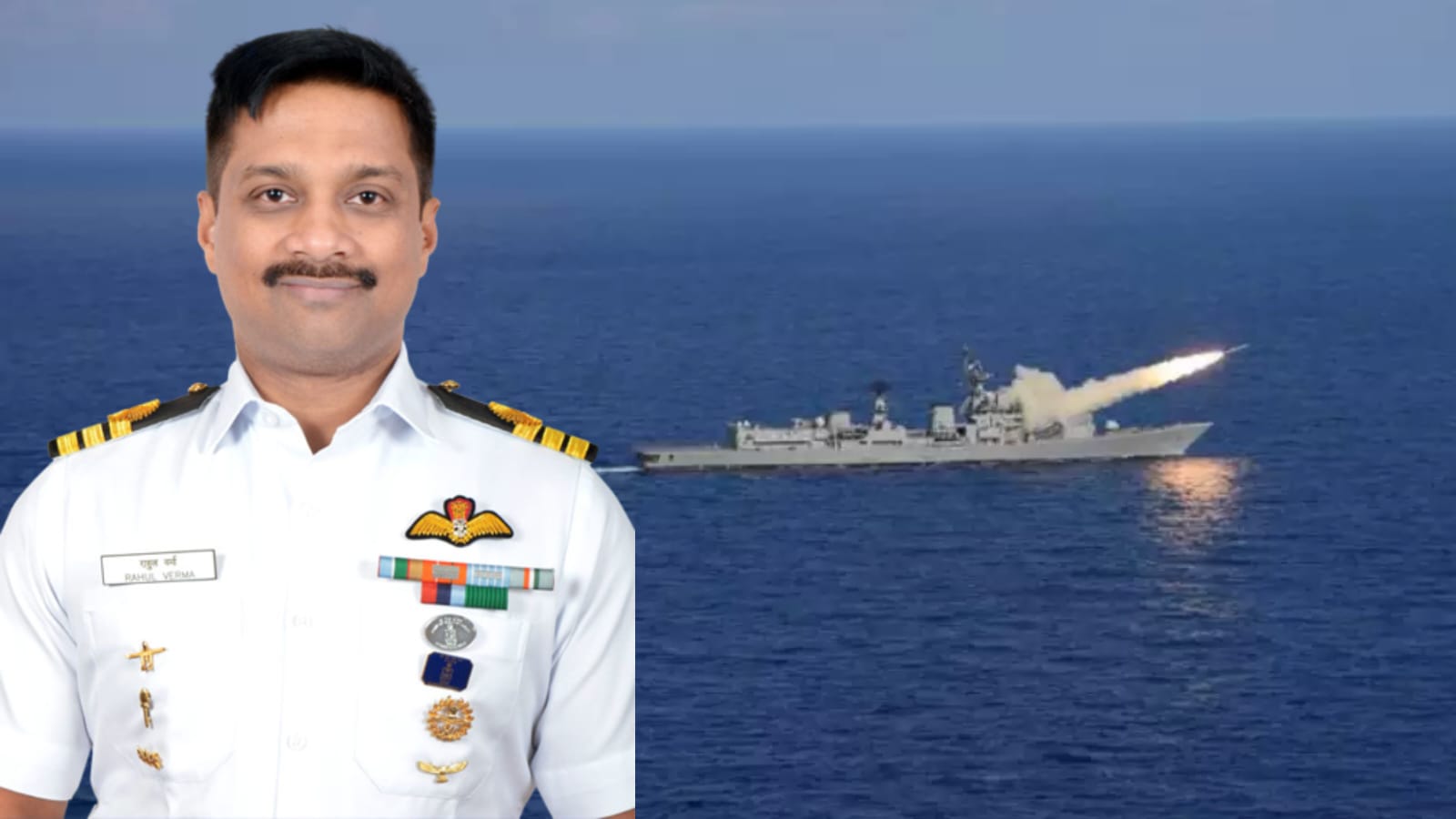Pursuing the Goal: Creating 75 Indigenous Products for the Indian Navy under Azadi Ka Amrit Mahotsav
Bengaluru, NFAPost: The Naval Innovation and Indigenisation Organisation (NIIO) hosted its maiden seminar last year, garnering significant attention for its launch of the ‘SPRINT’ challenges under the Innovation for Defence Excellence (iDEX) initiative by Prime Minister Narendra Modi. The goal of these challenges was to develop a minimum of 75 indigenous products for the Indian Navy, aligning with the Azadi Ka Amrit Mahotsav celebrations. Fast forward to this year, the NIIO seminar, named Swavlamban 2023, is set to showcase technologies developed by Micro, Small, and Medium Enterprises (MSMEs) and startups. While comprehensive details are still under wraps, the consensus is clear: the Indian Navy’s initiative has revolutionized self-reliance in the defence sector.
In a recent conversation with Commander Rahul Verma, who retired from the Navy and served as the Unmanned and Aviation Subject Matter Expert at the Technology Development Acceleration Cell (TDAC) of NIIO, insights were shared about the organization’s progress and its pivotal role.
TDAC: Pioneering Accelerated Technology Development
The Technology Development Acceleration Cell (TDAC) was founded in 2020 as part of NIIO with the primary aim of expediting technology development. Comprising a modest team of four officers stationed at Naval Headquarters, TDAC collaborates with academia, industry, and startups, reflecting a more startup-like approach than a conventional government entity. This nimble, results-driven approach has been a driving force behind TDAC’s success since its inception.
Unique Aspects Setting TDAC Apart
In response to queries regarding what distinguishes TDAC from other similar organizations, Commander Rahul Verma stated that TDAC stands out due to its innovative approach. Most officers within TDAC and its extended arm, VISTAR, are innovators themselves, which offers them a deep understanding of innovation-related challenges faced by startups and the industry. Notably, naval officers have filed over fifty patents since NIIO’s establishment, showcasing their innovative mindset and expertise. Commander Verma coined the term ‘scientist-warriors’ to characterize TDAC members, highlighting their distinctive skill set that bridges innovation and practical application.
The Thriving Progress of the SPRINT Initiative
Addressing the progress of the SPRINT initiative, Commander Verma emphasized its remarkable strides, with startup participants surpassing expectations. While specifics about the unveiled technologies at Swavlamban 2023 were not disclosed, the lineup promises groundbreaking developments. Among the anticipated innovations are applications of Artificial Intelligence, unmanned systems, diverse sensors, and dual-use items. The Commander hinted at unveiling a few world-first products, leaving the audience intrigued by the upcoming showcase.
Unravelling the Success Formula
Elaborating on the factors contributing to the extraordinary outcomes of the SPRINT initiative, Commander Verma highlighted TDAC’s high degree of delegation, a focus on the bigger picture, and an open dialogue with startups. TDAC’s encouragement of collaboration among startups was particularly pivotal, fostering a mutually beneficial environment and bolstering innovation. Additionally, the strong commitment demonstrated by the naval hierarchy, including the Chief of Naval Staff, in interacting with SPRINT winners, further motivated the startups and cemented their reputation as industry leaders.
Navigating the “Valley of Death” for Startups
While grants through iDEX are essential, Commander Verma emphasized the significance of placing orders for startups’ sustained success. He lauded the Navy’s first order worth over Rs 180 crores, highlighting its unprecedented speed—from problem statement to order placement in under a year. Policy changes and amendments to Defence Acquisition Procedures (DAP) played a vital role in streamlining the process. Commander Verma advocated for further policy adjustments, including permitting orders on multiple firms to expand the supplier base and create a robust ecosystem.
Propelling Indian Startups into the Global Defence Market
Addressing the potential of Indian startups in the international defence market, Commander Verma affirmed their capability to make a significant impact. He underscored the startups’ quality, competitive pricing, and hunger for results as driving factors. The startups’ agility and lack of geopolitical strings provide a unique selling proposition, making them appealing to foreign countries seeking innovative solutions. He also mentioned the possibility of startups collaborating with more advanced nations to provide complementary capabilities.
Embracing Maverick Innovation for Success
When queried about TDAC officers being dubbed “mavericks,” Commander Verma concurred that the term fits. He explained that innovation requires change and unconventional thinking, but results should be the focal point. TDAC’s dedication to results while embracing unconventional perspectives and solutions sets it apart. The Officer in Charge of TDAC, Commodore Arun Golaya, embodies this spirit, offering forthright opinions and leveraging social media for industry engagement.
In conclusion, Commander Verma expressed gratitude for the Navy’s support in establishing and nurturing TDAC, which has been the cornerstone of its success. The cell’s pioneering approach, along with the Navy’s commitment, has transformed innovation in the Indian defence sector, paving the way for self-reliance and global recognition.





